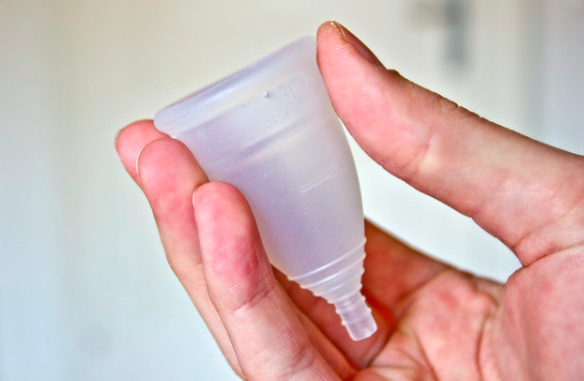 Photo: Getty Images
Photo: Getty Images
Most women have a 26 to 32 day menstrual cycle with ovulation somewhere in the middle. But what does that mean?
As your period comes to a close, your hormones are really changing, which causes a feedback up to your brain then down to your ovaries to ovulate. The hormone responsible is called lutenizing hormone, or LH. LH causes one of your ovaries to release an egg with the eventual goal of fertility. If you do not become pregnant then your hormones decline, triggering your next menstrual cycle.
How do you know if you ovulated?
Many women feel typical symptoms mid-month that includes pelvic pain or twinges lasting a few hours to a few days, changes in mucus to a more stringy/stretchy type, or some short-lived pre-menstrual type symptoms. If you are looking to become pregnant then it’s most important you know exactly when you ovulate. Many chart their basal body temperature by taking a reading every morning and charting it out on a graph. Ovulation occurs once the temperature spikes up signaling the release of the egg and the increase in progesterone. There are also urine tests that measure the LH surge and once positive signal that you will be ovulating very quickly.
Once the egg is released, the leftover area is known as a corpus luteum and begins to produce progesterone until the feedback to the brain signals pregnancy or no pregnancy. With no pregnancy the corpus luteum ceases progesterone production, estrogen levels fall and you begin your period. On the other hand with implantation of a fertilized egg, the corpus luteum continues to produce progesterone through the first eight to 10 weeks until the placenta is strong enough to take over and resume progesterone production.
Progesterone is important for non-fertility reasons too. First, it helps with the building of the lining of the uterus to help make your period not as heavy or full of clots. Second, it counters the estrogenic effect of premenstrual syndrome to prevent the mood swings, anxiety, and sleepless nights. Peri-menopausal women who aren’t ovulating regularly may notice more hot flashes and night sweats with less progesterone. For fertility purposes, a healthy progesterone level is important to help prevent early first trimester miscarriage; therefore I recommend a progesterone level check as soon as you discover that you are pregnant.
As you can see, knowing if you ovulate is important for a variety of reasons and plays a big role in hormone balance.
References:
1) Ovulating? Urine Test More Precise Than Calender: study
http://news.yahoo.com/ovulating-urine-test-more-precise-calendar-study-171235320.html
2) Devices For Home Evaluation of Women’s Health Concerns
http://www.medscape.com/viewarticle/571895
3) Fertility Awareness –Based Methods: Another Option for Family Planning
http://www.medscape.com/viewarticle/589936
Reviewed July 7, 2011
by Michele Blacksberg R.N.
Edited by Alison Stanton






Add a CommentComments
There are no comments yet. Be the first one and get the conversation started!